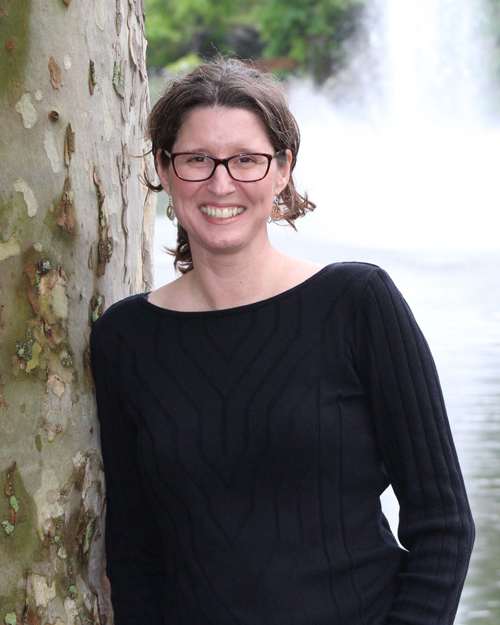Christine McWayne, Ph.D., Principal Investigator
Post Docs and Graduate Students

Christine McWayne, Ph.D., Principal Investigator
Professor, Director of EXCELS Lab
Contact Info:
Tufts University
Eliot-Pearson Department of Child Study and
Human Development
105 College Avenue, Medford, MA 02155
Office: 617.627.0478
Fax: 617.627.3503
Email
Education
Ph.D. School, Community, and Clinical-Child Psychology, University of Pennsylvania
M.S.Ed. Psychological Services, University of Pennsylvania
B.S. Psychology (Minors in Public Service and English), Abilene Christian University
Expertise
Early childhood education, school success of young children at risk due to poverty, parenting and family-school partnerships in diverse ethnocultural communities, community-based research collaborations
Background and Research
At least since I was a freshman or sophomore in college, I have been interested in understanding more about young children who manage to “beat the odds.” Much of my research, first at the University of Pennsylvania, then at New York University, and now here at Tufts, has been in partnership with Head Start programs in Philadelphia, NYC, and Boston/Somerville. I’ve studied about children’s social and learning competencies in preschool through first grade. But, most of my work has been focused upon understanding how to better support the adult contributors to children’s early development: their families and teachers. In particular, I have sought to document the ways in which families from ethnoculturally diverse communities are supporting their children and how, by having more culturally-grounded information, we can bridge divides that often exist between children’s home and school contexts.
Most recently, my colleagues and I have worked to co-construct curriculum and professional development supports for Head Start teachers around science and engineering teaching for dual language learners, which incorporates children’s home and community contexts (i.e., their familiar knowledge and the expertise of loving adults in these contexts). Underpinning the research with parents and teachers are attempts to “flip the script,” so to speak, centering the voices of practitioners and family members supporting children’s development to highlight what they know, what they do, and how they do it, so that their expertise can inform a strengths-based knowledge base and program/policy decisions. All of my research has been the result of significant collaborations with other scholars, students, early childhood practitioners, and low-income families. I am very grateful for these colleagues and mentors and look forward to the contributions we will continue to make together on behalf of young children. If you are interested in this mission, please join us!

Ethnocultural Diversity and the Home-to-School Link
Editors: Christine M. McWayne
Fabienne Doucet
Susan M. Sheridan
This book explores family-school partnerships and how they can be most effectively leveraged to ensure academic success for students from socioculturally diverse backgrounds. Chapters reimagine family-school partnerships within a context of shared power and authority, examine a spectrum of interventions that support culture-based modes of learning, and emphasize the potential for transformative learning to occur when students’ out-of-school lives are understood and meaningfully leveraged in school. Chapters also discuss how to foster bridges between parents and teachers, provide teachers with access to the rich cognitive and cultural resources of families, and enable all parties to begin viewing families as truly equal partners in children’s education. The book concludes with a commentary chapter that identifies necessary areas for further research.
Part of the Research on Family-School Partnerships book series (RFSP)
© 2021 Tufts University | Photo credits: Thinkstock and Tufts University
